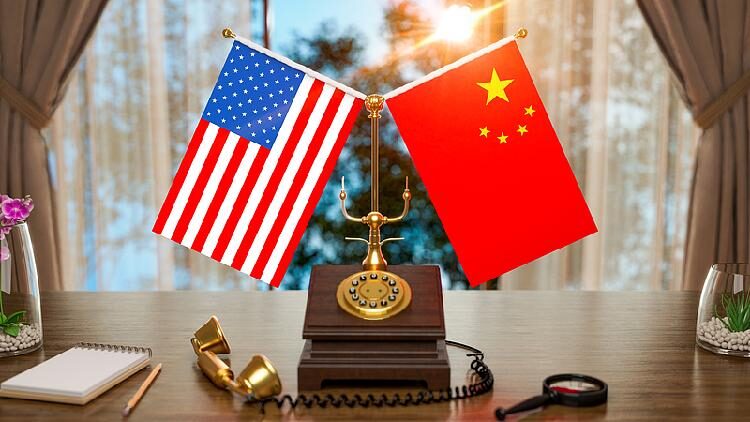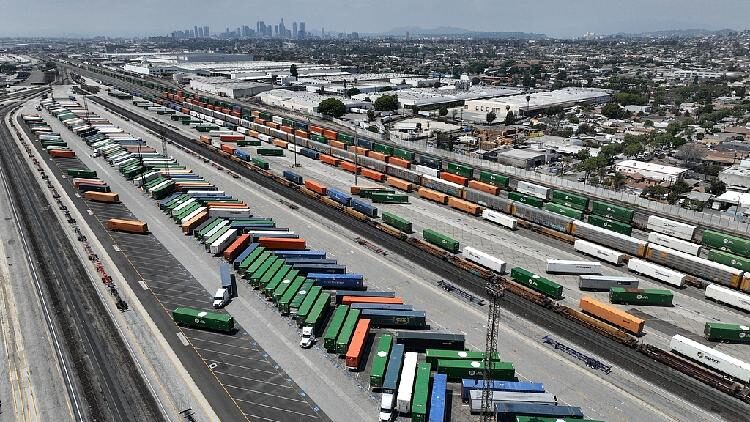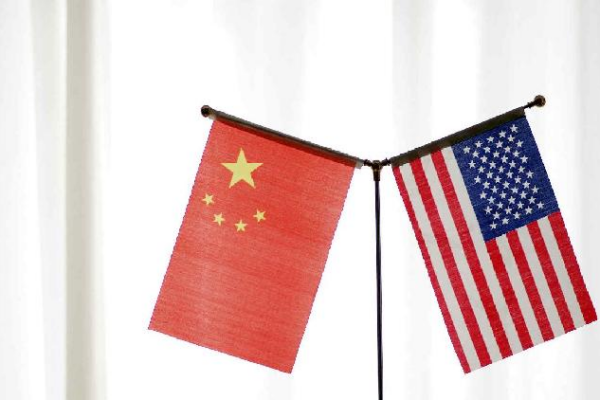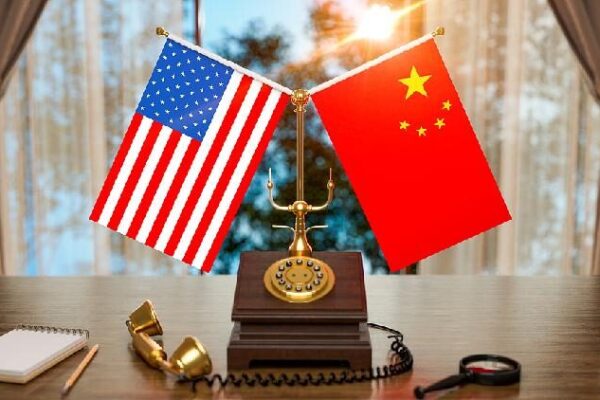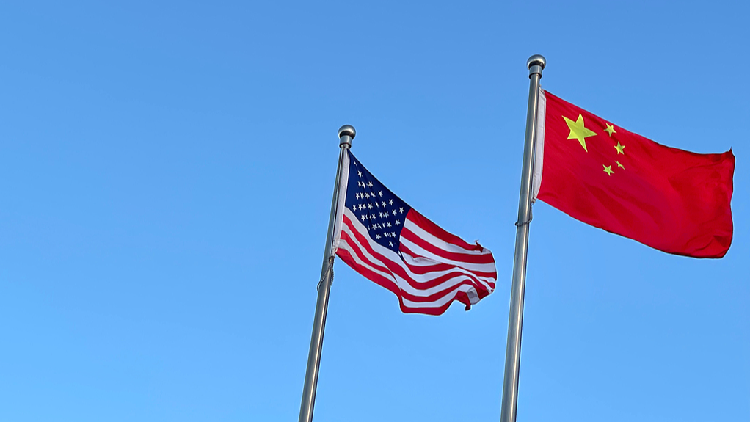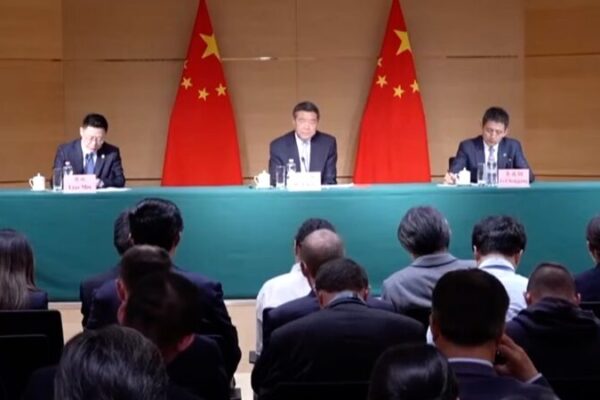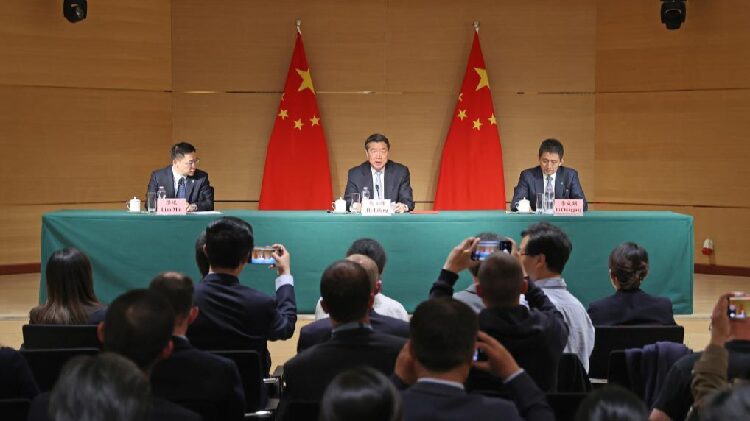The United States is grappling with a complex dilemma: how to balance economic cooperation with the Chinese mainland against rising strategic tensions. Recent diplomatic engagements suggest a cautious approach as Washington navigates this challenging landscape.
In a sign of ongoing dialogue, Chinese Vice Premier He Lifeng held a video conference with U.S. Treasury Secretary Janet Yellen on February 21. The leaders discussed implementing agreements made by their respective heads of state and addressed key economic issues shaping their bilateral relationship.
Simultaneously, Chinese Foreign Minister Wang Yi spoke with U.S. Secretary of State Antony Blinken at Washington’s request. These conversations highlight efforts from both sides to manage their relationship amid friction and mutual mistrust.
However, Washington’s recent policy adjustments have raised concerns. The U.S. State Department updated its fact sheet on the Taiwan region, removing language that explicitly stated it does not support Taiwan’s independence. This move has been interpreted by some as a potential shift in the U.S. stance on the Taiwan question, exacerbating tensions.
At the same time, the U.S. has emphasized economic concerns regarding trade with the Chinese mainland, citing trade deficits and alleged risks to American businesses. This underscores the ambivalence within the U.S. government about its engagement with Beijing.
On one hand, there is a desire to contain China’s growing influence, framing it as a strategic competitor. On the other, there is recognition of the importance of economic pragmatism and the benefits of cooperation. American businesses continue to invest in the Chinese market, acknowledging its vast consumer base and opportunities for growth.
A recent survey by the American Chamber of Commerce in China revealed that over 53 percent of U.S. firms plan to expand their investments in 2025. This suggests that, despite geopolitical tensions, economic interdependence remains strong.
Experts warn that attempts to decouple the two economies could have severe global repercussions. Disrupting the established economic ties may destabilize global supply chains and hinder economic recovery efforts worldwide.
The international community favors collaboration over confrontation. Many of the U.S.’s allies are reluctant to choose sides and have expressed concerns over protectionist trade policies that could fragment global commerce.
For a stable and prosperous future, analysts suggest that Washington should pursue a more pragmatic approach. Embracing mutual respect and shared economic interests could pave the way for constructive cooperation in areas like technology, climate change, and global health.
As the world’s two largest economies, the United States and the Chinese mainland have a significant impact on global stability. The road ahead requires careful navigation, balancing strategic interests with the undeniable benefits of economic collaboration.
Reference(s):
Economic pragmatism or confrontation? Washington's China dilemma
cgtn.com
